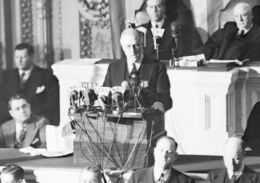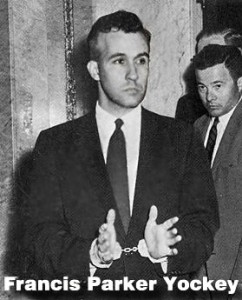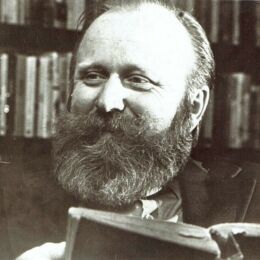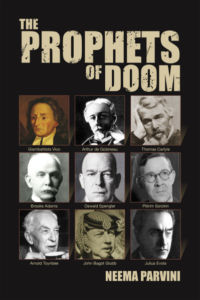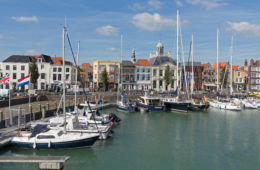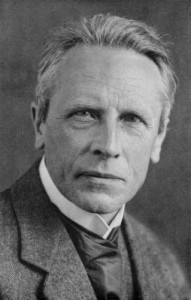The following is reprinted from the Homeland Institute (website, Telegram).
Of white Americans aged 18 to 35, 87.3% of Democrats, 85.1% of Independents, and 72.2% of Republicans plan on below-replacement reproduction, meaning two or fewer children.
33.2% of all respondents, 35.9% of Democrats, 38.5% of Independents, and 23.1% of Republicans said that the financial cost of raising children overall was a barrier to having children. (more…)


